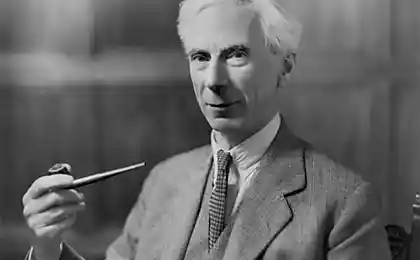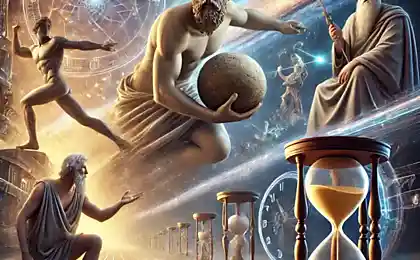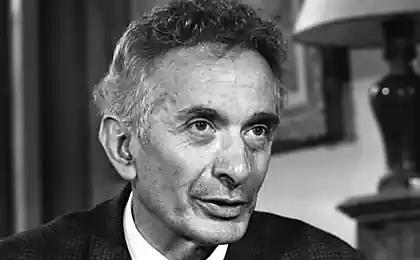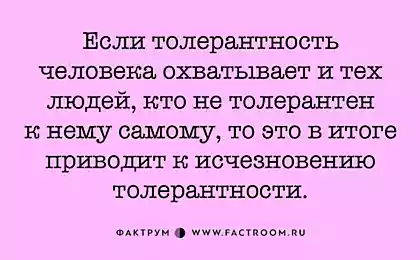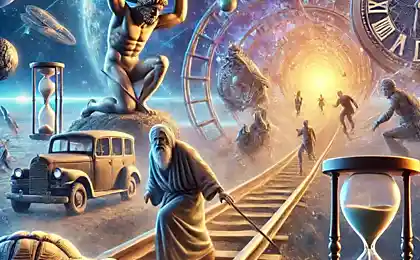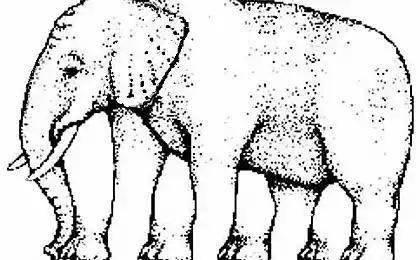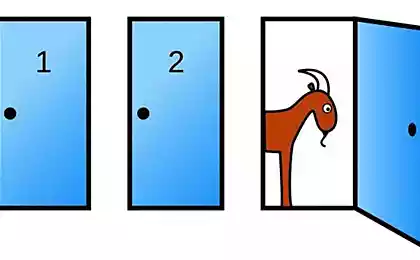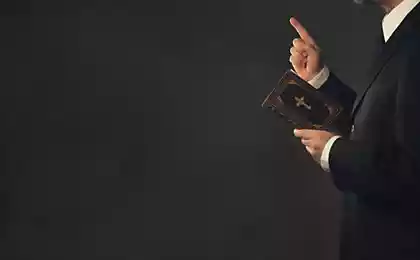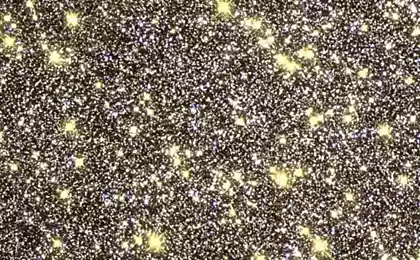3042
The paradox of omnipotence

An example of this paradox sure you know: "Ask God make a stone that he can not lift it. If successful, then his omnipotence inoperative. And if not, then he was not omnipotent. »
The paradoxical nature is as follows: if the creature performs an action, limiting his ability to perform the actions that it would limit its own ability to perform actions, and therefore the creature is no longer all-powerful; On the other hand, if the creature can not limit their ability to perform actions, it can not perform self-limiting action and therefore is not omnipotent. This paradox is often formulated in terms of relating to God in Abrahamic religions, but it is not mandatory.
Augustine formulated the answer to this question: "Due to the fact that He is called omnipotent because he can do whatever he wants, does not mean that he may suffer from themselves; because if it had happened to him, he in any case would not be omnipotent. Therefore, He can not do some things for the very reason that He is omnipotent. »
However, like everything else in our world, the exact answer to this question simply does not exist, as the philosophers have identified different types of omnipotence.


